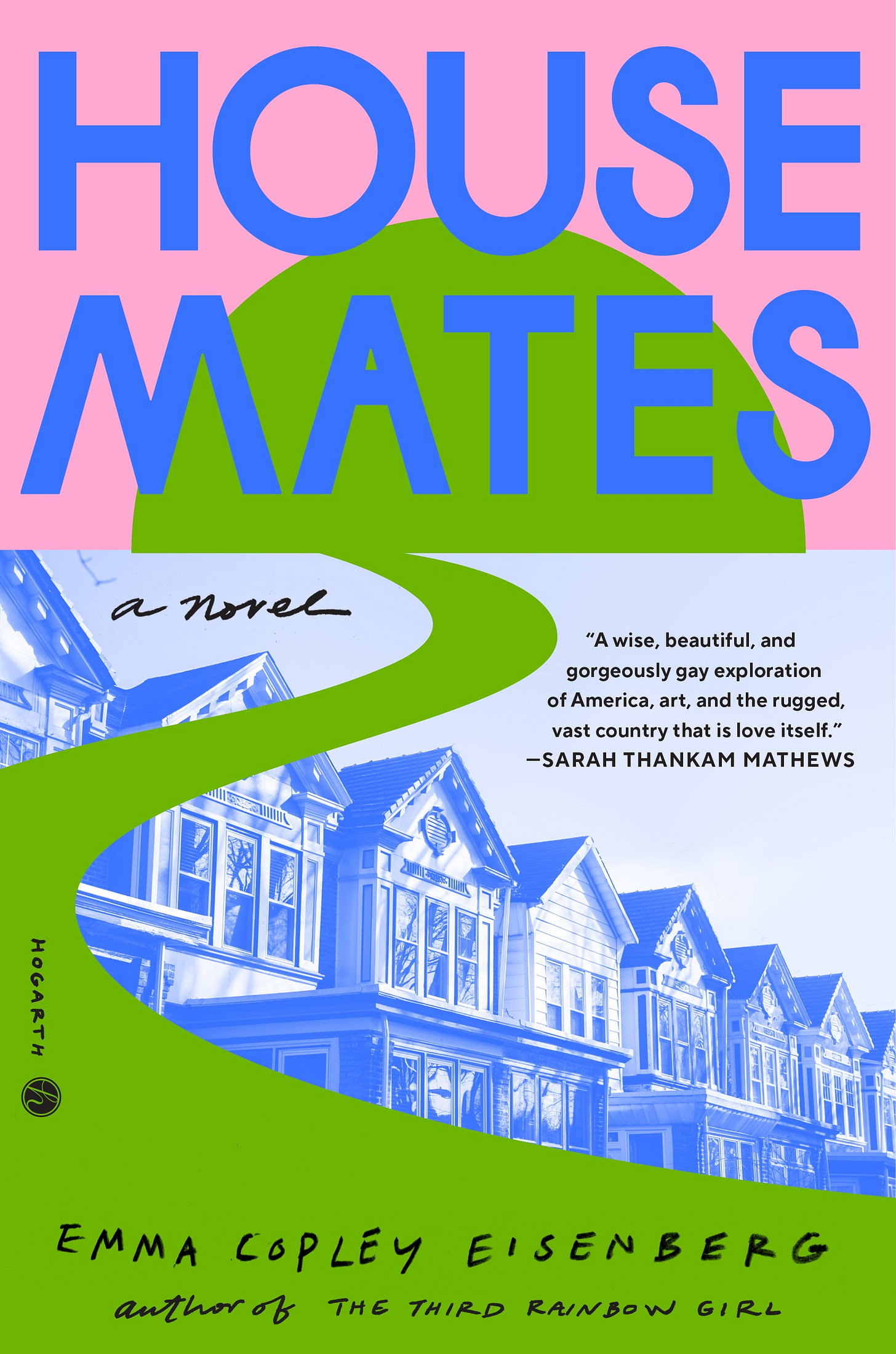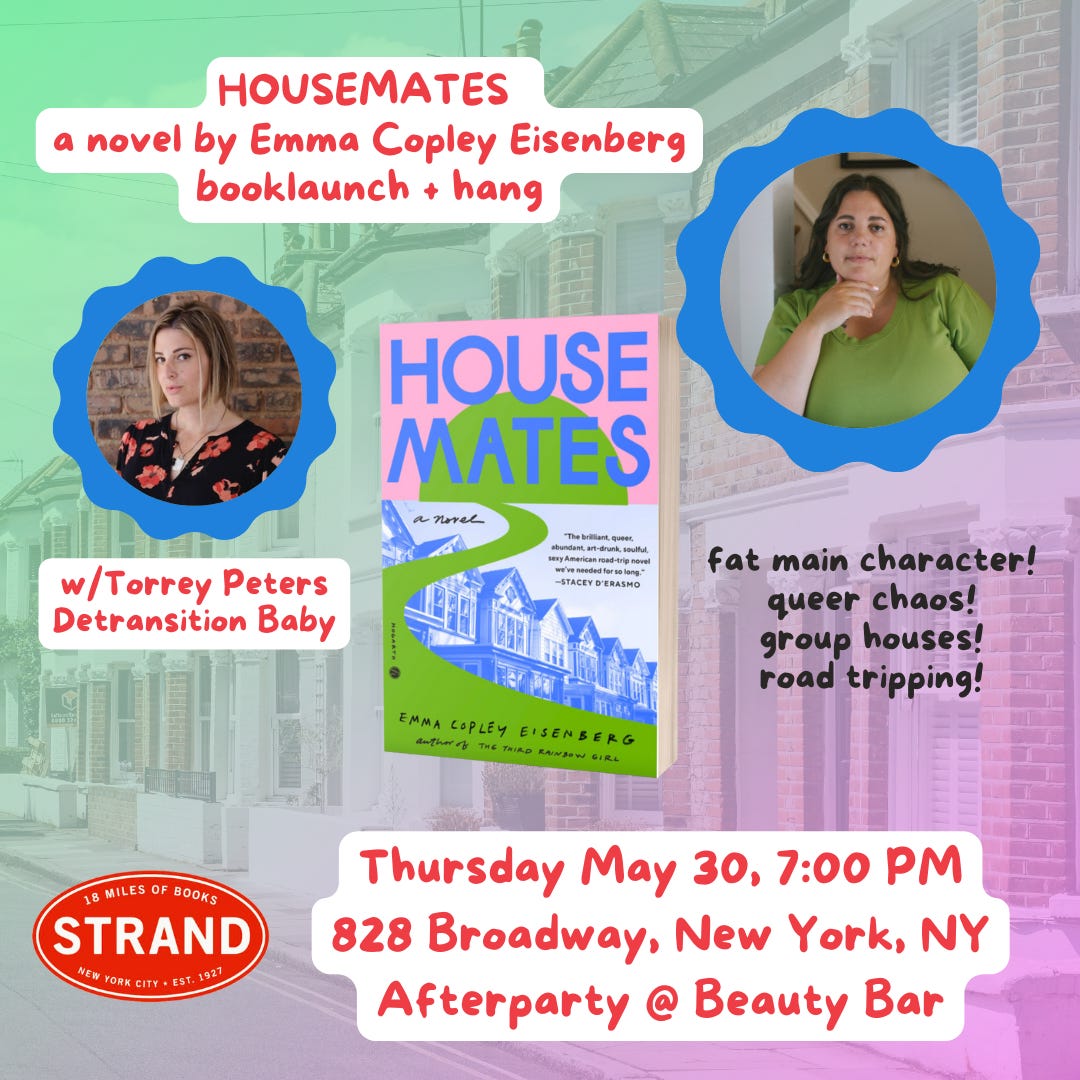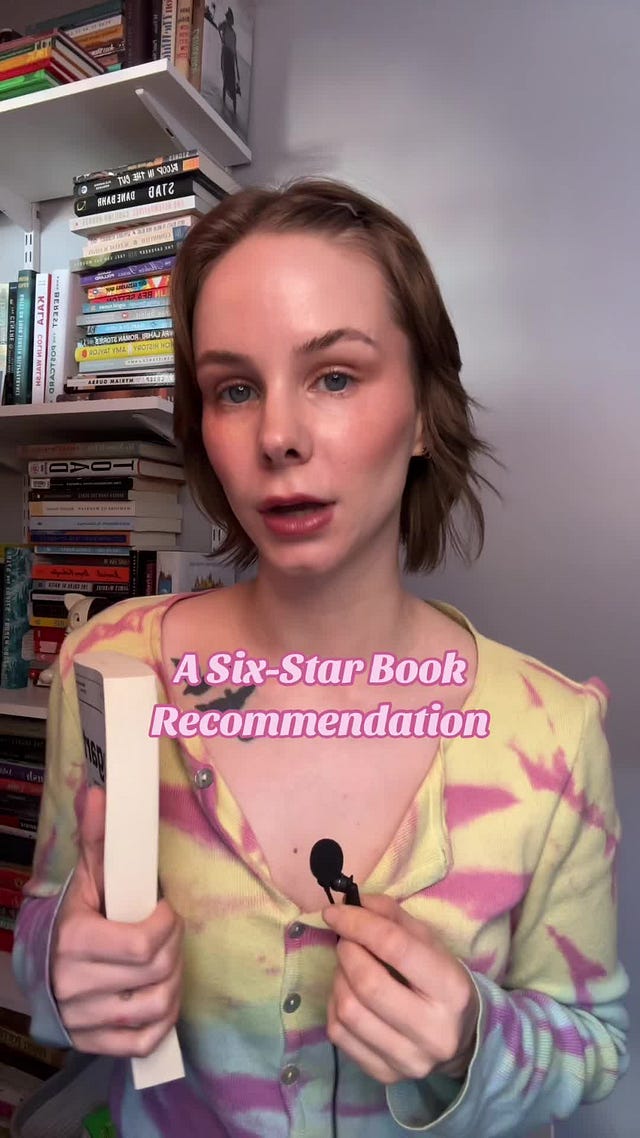Why is it so hard for debut novels to break out right now?
That’s the question posed by Kate Dwyer in Esquire this week. She writes:
In December 2021, The New York Times called best-selling debut novels “the bald eagles of the book world.” Of the fifteen that appeared on the newspaper’s hardcover-fiction list that year, writer Elisabeth Egan wrote, “only five were by non-celebrity authors who had not been anointed by Oprah Winfrey, Reese Witherspoon, Jenna Bush, or the Good Morning America Book Club.” Today, it’s not enough to land a spot in one of these coveted book clubs. According to an editor at a venerable publishing imprint, debut novelists need three key publicity achievements to “break out”: one, a major book club; two, a boost from Barnes & Noble, Amazon, Indie Next, and/or Book of the Month; and three, a major profile.
I keep staring at that word “today” in the middle of the paragraph. Does she mean that in 2021, having your debut novel chosen for a celebrity book club was enough to launch a debut into bestseller status, and just three years later, it’s not enough?
What happened in those three years?
If you’re one of my loyal subscribers, you don’t have to raise your hand—just yell out the answer!1
The Esquire piece is worth reading and has a lot of insight into how difficult it is to launch an unknown writer in the market. But it also spotlights two big misunderstandings about online book promotion that I am constantly battling against.
The idea that publishers can’t use TikTok to promote their own books because “publishers can’t figure out how to game the algorithm.” I don’t think they should be trying to “game” the algorithm at all. Publishers are flailing on TikTok because they are 1) failing to create content that is actually interesting, entertaining, or valuable to their audience, and 2) neglecting to form genuine relationships with tastemakers under 40.
The idea that novelists “must also be influencers to compete in the attention economy….by exposing parts of their life that have nothing to do with the production of culture.” I don’t agree with this, and I have not told a single writer that they should become an “influencer.” I’m not an influencer. I don’t seek paid sponsorships from brands. My whole brand is mocking influencer culture. I don’t share my private life on Instagram, TikTok, or in this newsletter. What I do tell writers is that they can build an audience for their work by launching a side project and creating content that’s valuable to their audience.
Case Study: Housemates
In December 2022,
took my TikTok MFA course and followed my recommendations to 1) make content, and 2) make friends on TikTok. Eighteen months later, her debut Housemates is one of the most talked-about literary novels on the platform.I’m so delighted to share this interview with you today, because Emma’s experience on TikTok illustrates my midlist pyramid theory in practice. Emma found readers—and surprised and delighted her publisher in the process.
1. Why did you choose TikTok as a platform to focus time and energy on, in the months leading up to your novel launch? If a writer is unsure about whether their audience is on there, what would you tell them?
With The Fall of Twitter, I felt a void in my life for a kind of watercooler community where I could go to gab about books and culture, plus I’m always really interested in how the publishing industry is changing and in learning about new ways to connect with readers I don’t know. Also, I began to hear whispers from my Philly writers group that TikTok was the place that could really move the needle in the success of a book and I had a suspicion that my novel Housemates might really resonate with younger readers, particularly young queer folks. I’m a Gossip Girl era millennial so TikTok is the first social technology that I hadn’t come of age alongside but rather had to learn which was intimidating at first (your class was so clutch!!) but I quickly found that if you put a little effort into a presence there, it’s really relationship based. I kind of fell in love with the process of making those relationships, and finding the creators whose taste I connected with and who might connect with my book. So I would tell other writers to lean into the delight of relationship-building and to not be afraid to experiment and have fun on the platform. TikTok rewards authentic emotion, genuine excitement for books, and joy.
2. How did you befriend creators in the lit fic community on BookTok? Any tips for social media "introverts" who are not sure how to even start?
I learned that you really have to let yourself swim in the pool, you just gotta jump in. You can’t be standing on the edge judging or feeling judged. Just like you have to read the kinds of fiction you want to write, you have to watch—really watch—the videos that the creators you admire are making and engage with them as a human person, not as a writer. I let myself comment weird emojis and respond to videos about books I genuinely love and it felt nice to step back into my reader self, like connecting again with the sixteen year old kid who read books that re-wired her brain and made her want to write them. Logistically, this looks like just spending time on the platform and liking, commenting on, and reposting things that excite you.
3. There is much discourse on TikTok (and elsewhere) around "tropes" and how they're used in marketing—especially in romance. But one could argue that literary novels have "tropes" too (e.g., "unhinged women")! On your Strand event graphic, it says "fat main character! queer chaos! group houses! road tripping!"
I wondered if spending time on the literary side of BookTok gave you fun ideas for keywords/tropes to promote your novel (or if these come from marketing dept of your publisher!)
Hehe, thanks for noticing that! Literary novels absolutely have tropes; literary realism is a genre too, just like other genres, with its own recognizable shapes and reader expectations. I did notice that readers who posted early video reviews of Housemates seemed especially excited about particular elements of the book, like the road trip aspect which I would argue is a recognizable “kind” of literary story, so I happily leaned into that. But the other words are words that I want readers to talk about more when it comes to the book and associate with it—particularly the fat main character representation and the queer group house setting—so I suppose you could say I was trying to seed those stories into readers’ imaginations to encourage them to recognize those aspects as important elements of the book.
4. Was there a strategy behind your content, or your outreach campaign for Housemates? Did you set a goal like "I'm going to email 50 people about the book" or "I'm going to post 7 videos a week"? I'm also curious how much your publisher supported your TikTok plans, versus how much was led and driven by your knowledge of the platform and the relationships you built there!
I wish I had been so smart as to have goals, but mostly my content was driven by me learning as I went and reaching out to creators as I met and got to know them. Emailing people directly was a core part of how I offered Housemates to TikTok though, and I would estimate I emailed about 40 or 50 creators. In the beginning, I focused on literary fiction accounts, but as I learned more I also began reaching out to accounts that focused on queerness and fat liberation. My publisher has been really supportive, but I would say the TikTok presence of Housemates has definitely been led by me, as my publisher still seems to have a larger presence and comfort with Instagram. They seem very surprised and delighted by the response to my book, saying that it’s one of just a few of their titles that has made a splash there!
[I’ll mention that Emma has 2,500 TikTok followers. She did not become an honorary Kardashian through my trademarked influencer technique.™ Her book made a huge splash because of the connections she made over time, not because she “got famous” on TikTok.]
5. Part of the magic and the madness of TikTok is you never know when a video is going to pop off—in my experience, my random 15-second thought (like a tweet) often out-performs my thoughtfully composed video essay. Can you share a video that you made that performed surprisingly well? Why do you think this one hit?
100%. I made a quick video in my car of three new books about butch and transmasc identity that got so much more love than I was expecting! I think people are just really excited about the topic and the bite-sized-ness of the video—3 books not 20—was maybe yummy and digestible. Also I made a video about how you can use command hooks to give yourself a bath tray setup even if you have a short inner edge bath tub that has more than half a million views. I think people just really like taking baths.
6. I'm sure there are many to choose from, but can you share a video that another creator made about Housemates?
A no brainer! This video by @CelineKeely changed both my life and the life of Housemates. Celine called my book a “six star book” and her “soulmate book” and her enthusiasm for the book is infectious; I’m so grateful. I connected with Celine by following her account and watching her thoughtful recommendations. She clearly reads the books with such care and she recommends a mix of new releases and books that she’s discovered from all eras. Her followers trust her taste implicitly, and now I do too. She says in her video that my book gave something back to her that she thought she’d lost, something like hope and the excitement to make art. This is why I write, to find readers like her.
Housemates is out now and available for purchase! Don’t miss this opportunity to get your copy and create influencer content of yourself reading it by your infinity pool in Ibiza. 🙃
I love Emma’s tour page on her website: you can find her at a bookstore near you in Rhinebeck, Chicago, Brooklyn, Providence, LA, and San Francisco this summer!
Follow Emma on Substack, Instagram, and TikTok!
BookTok happened







Ahh a joy to be on the stack!!! Thanks so much for everything Leigh
Oh man, seeing someone's step by step tiktok process is SO helpful. I'm barely getting myself and my courage together enough to start emailing people and this is very encouraging.